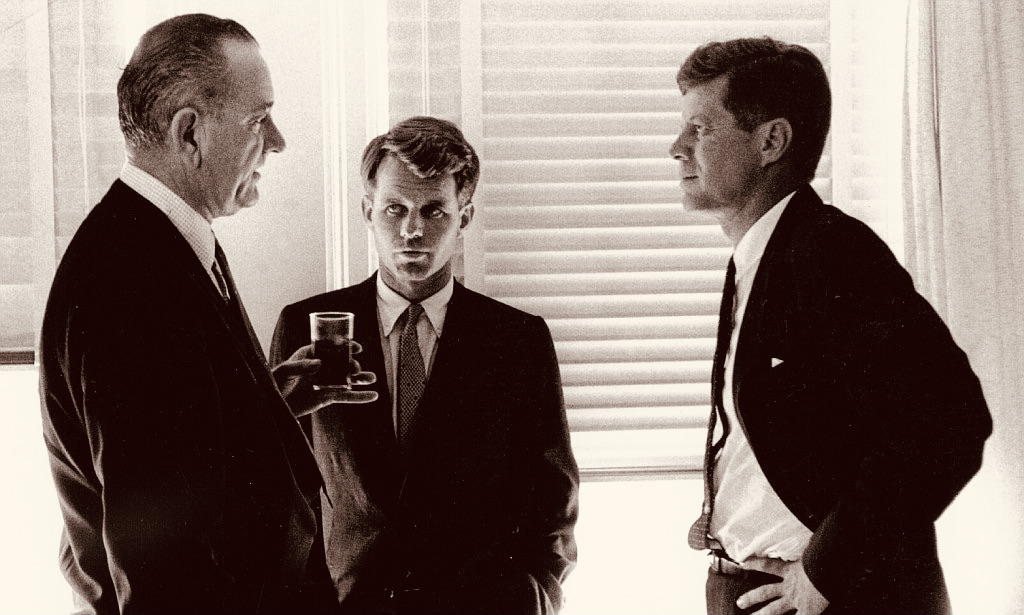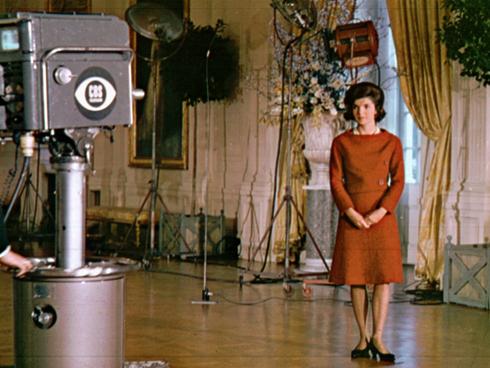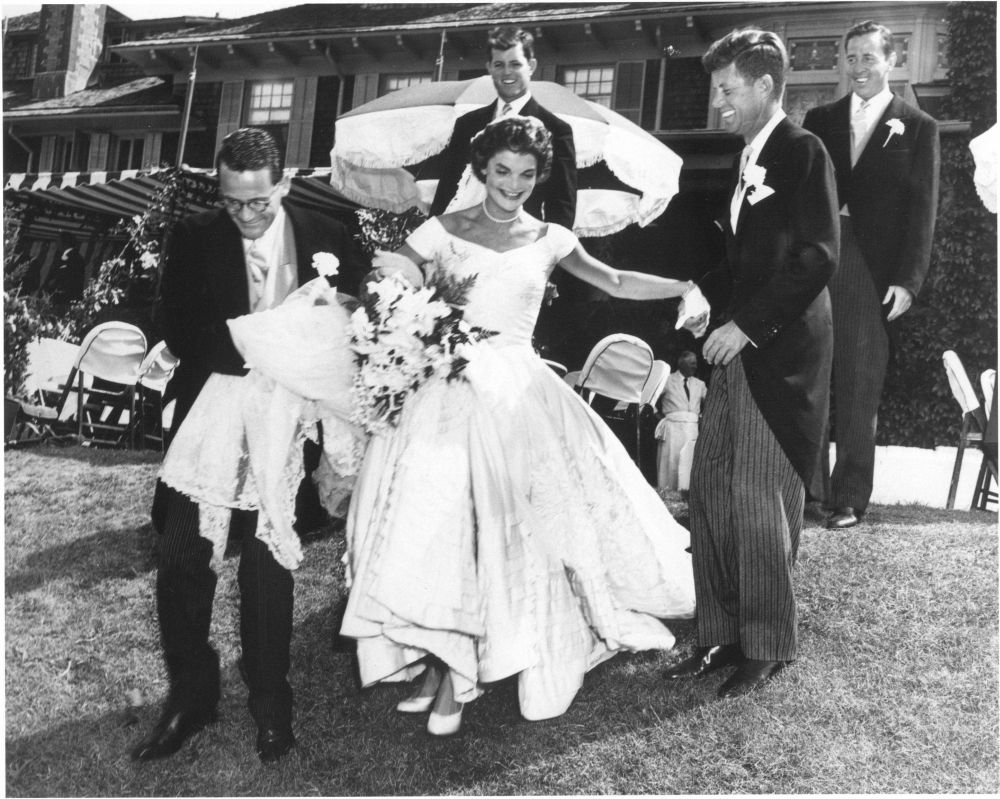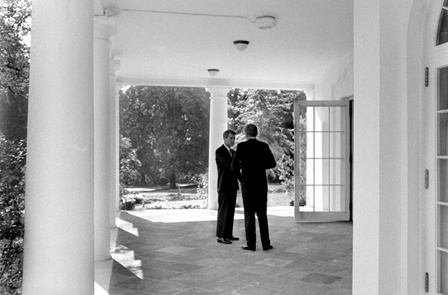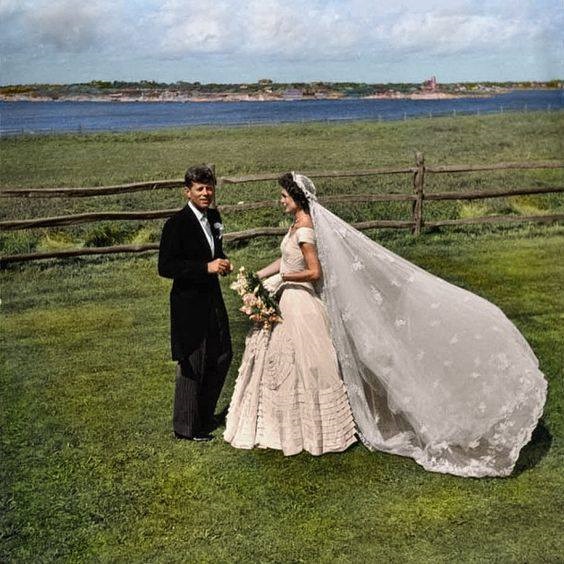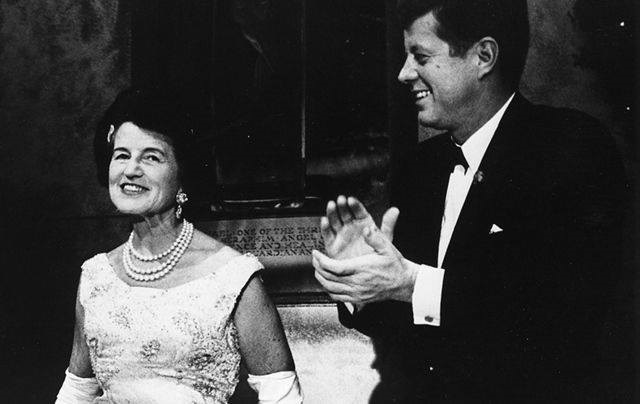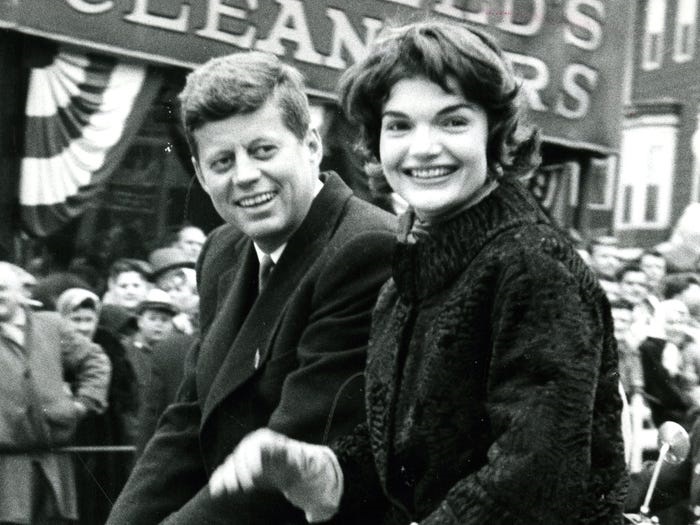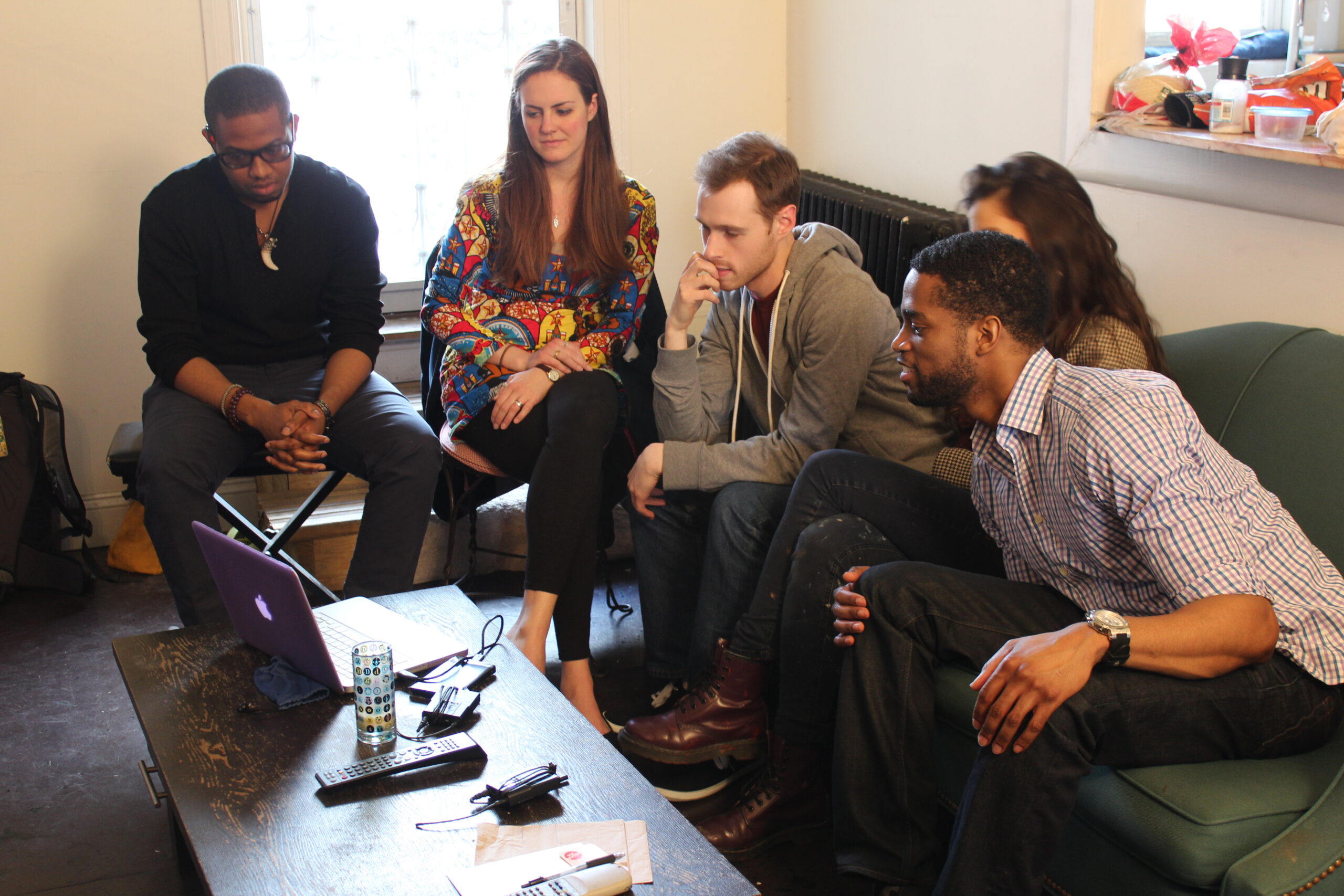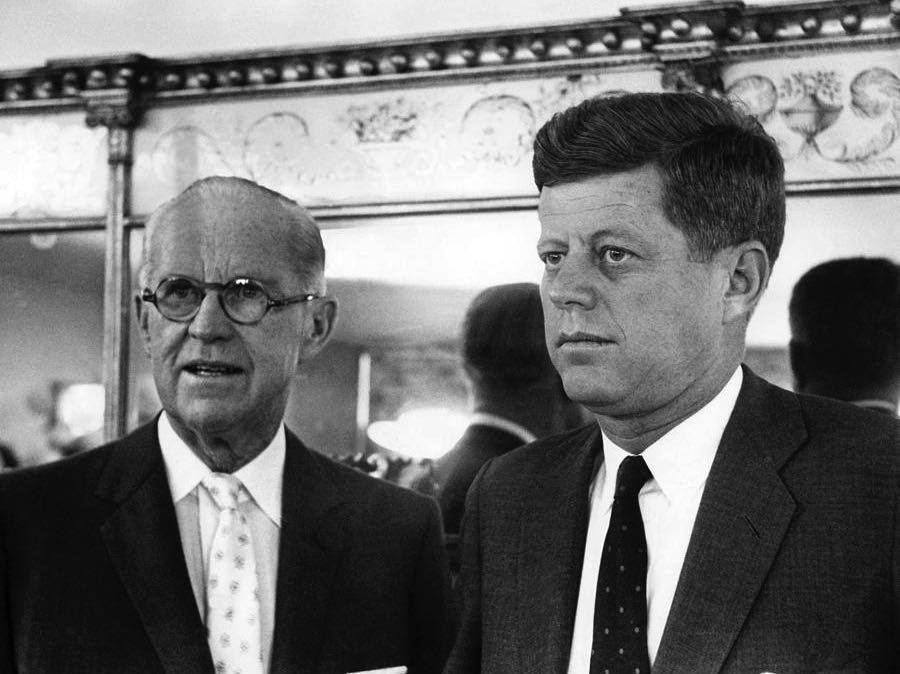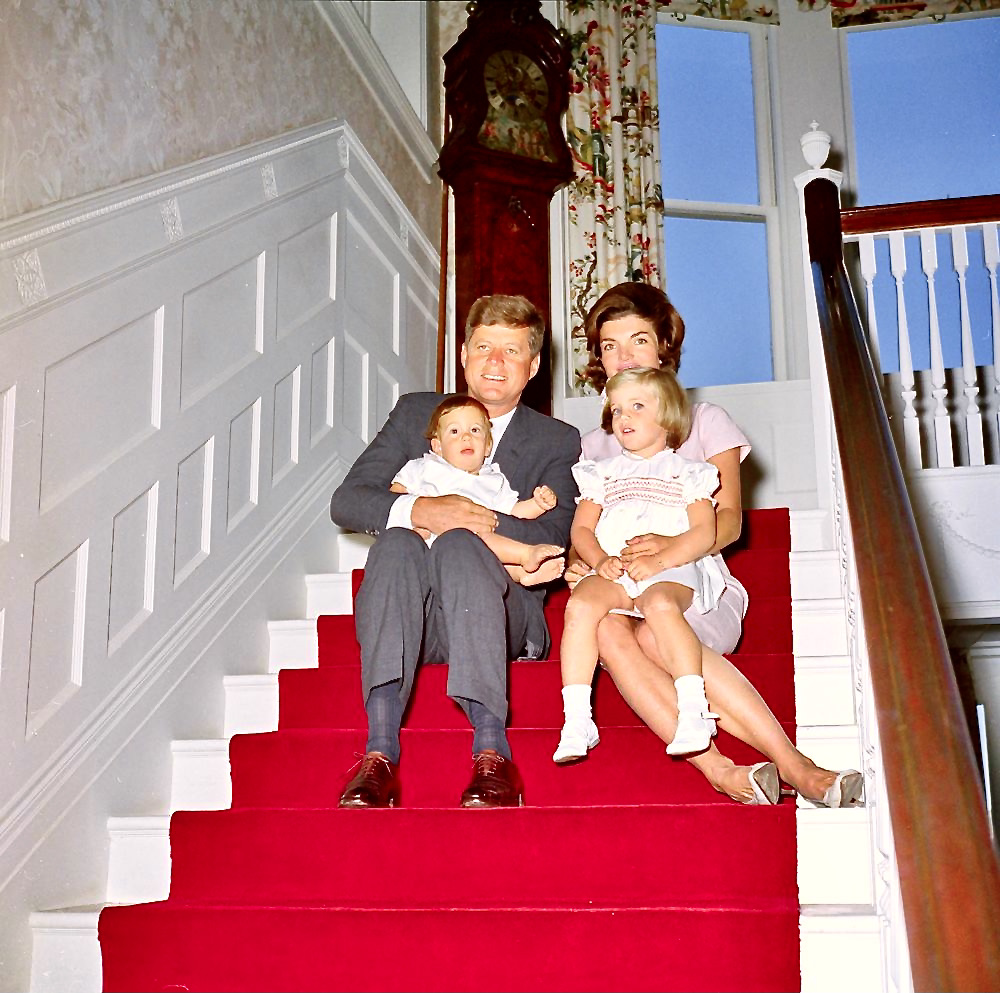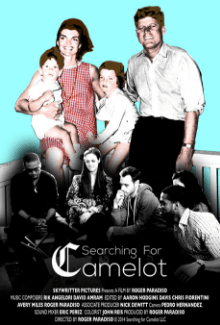Searching for Camelot: The New Frontier
This series is not yet completed. Still in development. Stay tuned.
Directed by Roger Paradiso and featuring Richard Reeves, Jack Engelhard, Dermot McEvoy,
Judith Malina, Tom Chapin and many others
Movie • 1 hr 31 min • Documentary, Drama, History, Biography
“Searching for Camelot” is a postmodern Romantic Fantasy that follows the ‘Camelot’ years of Jack, Robert and Jacqueline Kennedy.
Reviews
“I did see your film, ‘Searching for Camelot,’ last night and found it to be an engrossing, very interesting documentary. I truly feel you should try for an Oscar nomination. It’s just the kind of film that the Academy members love.” – Elliott Kanbar President, QUAD Cinema’s Greenwich Village, NY
“I had a jolt seeing Judith Malina’s face. My mother took me to see the Living Theater in the late 50’s. ‘The Connection’ staged in a loft. Powerful. Your project is awesome!” – Barbara Riddle-Dvorak Novelist
“Your film handles all that historical footage and commentary BRILLIANTLY, without preaching but rather PORTRAYING!!!” – David Amram, Composer
“Roger Paradiso’s Searching for Camelot takes you beyond the Kennedy ‘mystique’ to a new reappraisal of how his hope charged presidency ignited a moral and cultural revolution in the later 60s, the epicenter of which was Greenwich Village. A brilliant work of historical archeology and analysis, Paradiso’s timely resurrection of Kennedy–in an age of political apathy–is also a powerful teaching tool to critique the apathy and cynicism that defines the current ‘downsized dreams’ generation whose ‘moon shots’ are reduced to paying the rent with a dead end part-time job. This is a magical, important, and potentially life-changing film.” -John Bredin, Public Voice Salon
A viewer’s comments. She is 74 and has lived in Wash DC. Politically active as liberal democrat
From: Sydni Shollenberger <indys1@mac.
I watched the Kennedy/Camelot rough cut, and yes, it is pretty rough from the technical side, but the content is compelling. Once the editing and technical improvements of both audio and video are done, I think it will come together.
Is it intended to reach and move Millennial’s and GenXer’s for whom American Camelot is almost as lost in mist of time as King Arthur, Guinevere, Lancelot, Modred, et al?
Would you say the intent is more nostalgia and capturing of the memories of people who lived through the Camelot period? Or that it is intended to resurrect the spirit of Camelot which has been hopelessly lost…not in the hearts of many of us, but certainly in the realities of world at war at home in the governing bodies of the nation and states and around the globe.
Where is the harmony amidst the discord? Were the Kennedy assassinations the forerunner of it all (the conservative/liberal animosities in Dallas, Sirhan from the Palestine/Jordan in Los Angeles)?
I may be putting a broader scope on the project than intended. It is, after all, about life in The Village during Camelot and the memories of the people who lived through that era, from its romantic, youthful, dynamic beginnings in 1960 to its bloody endings in 1963 and 1968, including the Martin Luther King assassination in 1968 which also is a forerunner of today’s racial strife.
xo Sydni
Letter from the Director
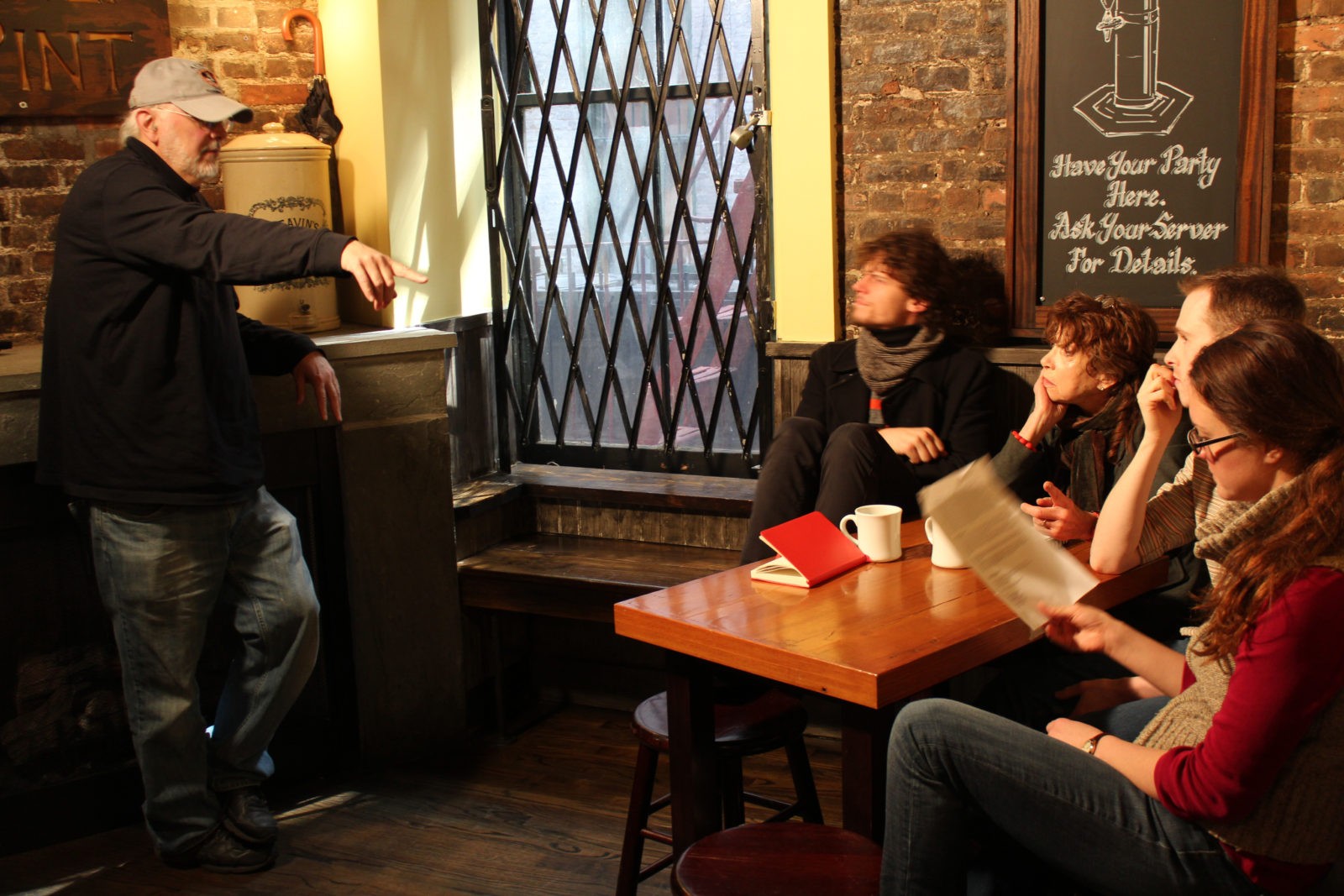
Searching for Camelot was started back in 2012 and will be completed in this year of 2018. It is a three part series based on life in Greenwich Village from 1960 to present day. It is based on the premise that the Village had experienced another Golden Age in the early sixties that was brutally cut short by the murder of President Kennedy and then destroyed by the Vietnam War and the murders of Robert Kennedy and Martin Luther King.
Since then the Village, and the country, have lost their way. To many people who lived in the time, the Village, and the country, have slowly regressed from an age of abundance and a rising middle class to an oligarchy or corporate one per centers.
Civil rights are under attack and the arts are drifting away due to the emergence of the “digital age” that has threatened copyrights and freely pirated the arts. This “Digital Age” has pirated jobs and sent them off shore to slave colonies. A “Digital Age” that has treated us all like commodities where we have become modern day serfs beholden to our Land Lords and Bankers.
A “Digital Age” that is planning to replace us with robots and artificial intelligence, which we welcome freely as we walk around talking into our cell phones.
Video games have created an artificial reality where some of us live most of their waking hours.
A “Digital Age” that is a money machine for the one per centers who have sped up time so fast that we are now running backwards into oblivion unless we can rebel against the “Evil Empire” and save humanity from the machine.
We search for answers as to why this happened and go beyond the “Corporate Media” version of history and try to weave oral history and clear evaluations into a reality that is not distorted or marginalized by the Corporate view of Society and History.
We need to preserve History as best we can. This is our quest to search for Camelot and to find the answers hidden in the past.
We are an independent film that has not received any corporate financing and we appreciate all those individuals who have helped us.
“Corporations are not people”.
Best Regards,
Roger Paradiso
Producer/Director
Searching for Camelot
Synopsis
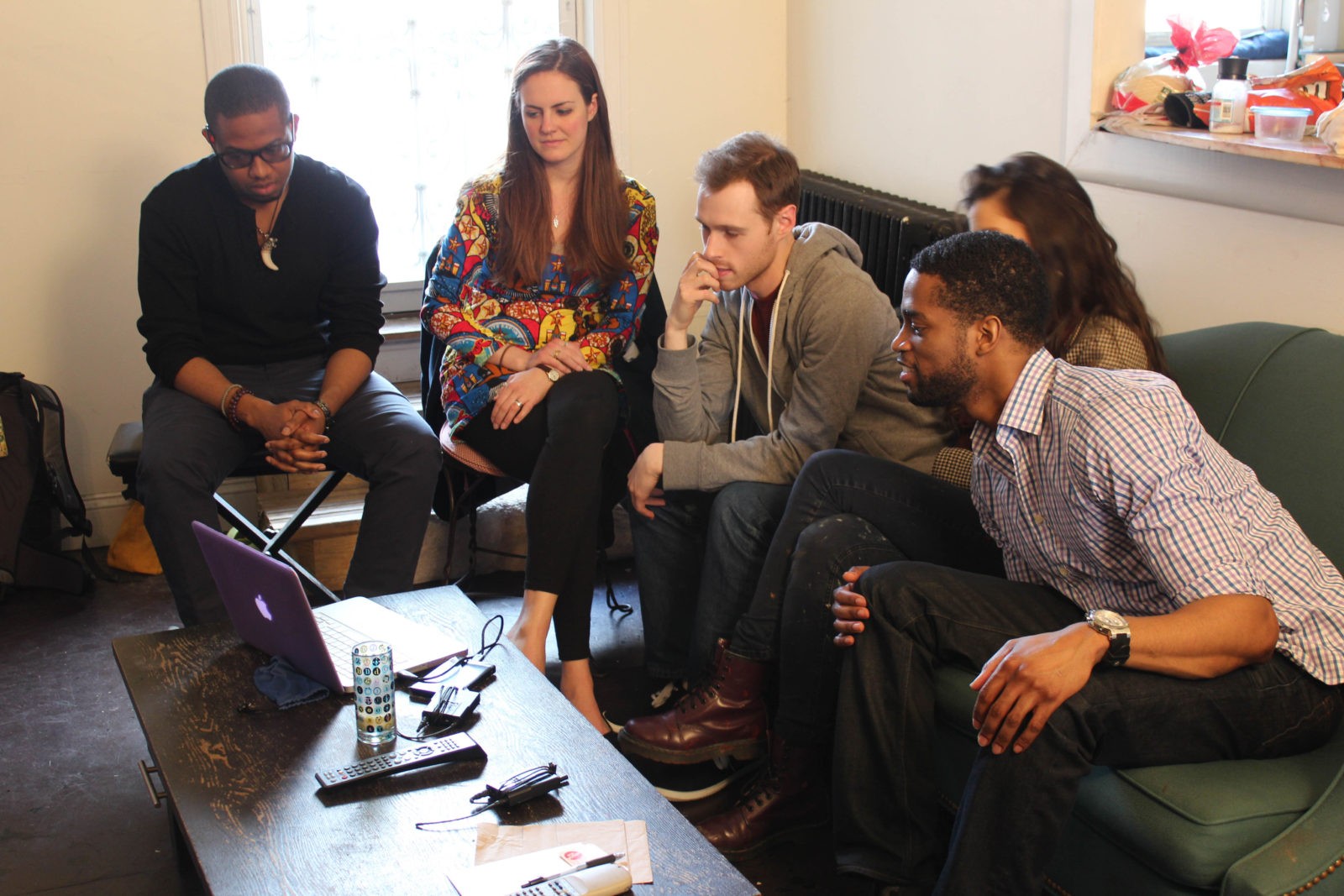
Searching for Camelot is a story about a group of young people aka “Millennials” who go on a journey to discover why Jacqueline Kennedy called her husband’s Presidency “Camelot”.
In the process of research and meeting people who lived during those 1000 days in Office, they each discover their own concepts of Camelot. They also learn about themselves. As one of them says “Camelot is a search for Identity. You find out about yourself”.
Jack and Jackie Kennedy were rock stars forever changing the culture of the White House and the roles of the President and First Lady. In this enchanting story we follow them from the early days of the campaign to the White House years.
Some call the 1,000 days of JFK’s term as great a period of history as occurred during Lincoln’s presidency. While Lincoln faced the tragedy of a Civil War, Kennedy supported the drive for Civil Rights and the marches and protests that divided the country.
Lincoln kept the country together during a long war. Kennedy kept the World together during the Cold War skillfully negotiating out of several Nuclear War threats like the Cuban Missile Crisis and Berlin.
JFK transformed the role of a US President in the modern age of television. His speeches and actions reached and touched millions of people not just in our country but also around the World. His crusade to liberate the world from the tyranny of Communism resonated in Speeches like the Peace Speech and the speech at the Berlin Wall.
Jack and Jackie Kennedy rocked the world with their campaign for Peace, Equality and Culture forever changing the course of History. We see these events through the eyes of many writers, artists and historians who lived during that period, but more importantly we see these events through the eyes of our young searchers. They may have heard about some of these events, but by listening to our experts and by doing their own research they present an interesting and original perspective on the Kennedy legacy.
Fifty years after his death, President Kennedy’s legacy lives with us every day. You will hear and see things your never knew before as we did deep into the soul of Camelot. King Arthur’s Camelot deals with great myths and legends. This Camelot deals with the reality of a man and a woman who asked us to strive for excellence. Was there a Camelot or was it politics as usual like we have today?
“A man may die, nations may fall, but an idea lives forever”
Searching for Camelot Director’s Notes
I was nine years old when I first heard of John F. Kennedy. My parents were watching the news and I heard he was running for President.
Months later I sat in my basement watching the entire Democratic Convention Coverage and I heard his acceptance speech and it caught my attention in between sips of an ice-cold coke and those great Lays potato chips. I was a young jock and really into baseball, hockey, football and basketball among other sports, but I was curious about this political business. That began a lifelong interest in American Politics and oddly a fascination with journalism.
When I was barely in my teens I had my parents sign me up for The Sporting News, Sports Illustrated and The National Review and I believe it was The New Republic. I watched every convention from that point on, both Democratic and Republican, and followed the political and social events of America and the World. I continued to follow my favorite sports teams, all from New York, the Giants, Rangers, Yankees, Knicks and later the Cosmos.
I also followed the career of most major political figures. When I got to college I thought I would become a journalist. I wrote for the school paper and an underground paper. And I was chasing dreams and chasing girls but were they chasing me. It didn’t matter cause it all seemed possible.
Somewhere I got diverted towards Creative Writing and into Playwriting and Directing eventually evolving into Film Directing and Writing. After many decades had passed making a living in the Film business, I found myself back into journalism doing documentaries. I actually find it all related and consider myself a filmmaker. I make films. And I still am a jock.
Many years ago, a thought came to me and it stayed there all these years. Why did my life and my parent’s lives seem so much better in the early sixties? I started thinking of JFK and Jackie. I also thought of my mother and father. My mother was from France and met my father during the war. This was a war romance and they came back to America and started a family. My mother loved Jackie because she showed a great love for France, which suffered terribly during the war.
My father was a veteran and he was a big Kennedy supporter as JFK was a fellow vet and the vets shared a bond that would be hard to define today. Maybe, deep down inside, they all wanted to be Jack and Jackie. They were in a way. Maybe that was the connection that made the Country, or at least the part of the country I saw in North Jersey, seem to work so much better than today. People had hope and believed that anything was possible, if not for them then for their children. Do we feel that way today?
One day I met Jack Engelhard and he told me about a book he wrote called “Days of the Bitter End” about the day JFK was assassinated. It was a novel about him and his friends who hung out in the Village. Some of his friends were Lenny Bruce and Vaughn Meador the Kennedy impressionist. Jack and I wrote a screenplay and are determined to make it into a film before we leave this planet. We have hope and we believe anything is possiOne day a year or so ago, I told Jack that I bought a copy of “Portrait of Camelot – A Thousand Days in the Kennedy White House” by Richard Reeves and that it brought me back to those days of our youth. I decided to make a documentary about young people of today who were told they were to Search for Camelot. It might be interesting to see it all from their perspective.
What was this Camelot thing, and does it have anything to do with our lives today?
While making the documentary I got to meet some fascinating people like Richard Reeves, David Amram, Dermot McEvoy, Tom Chapin, Joe Franklin, Rich Orentstein and Judith Malina among many others. I don’t know what it was, but I suddenly felt transported back to what I remember as the spirit of the times. No, it wasn’t a fantasy Camelot, but it is a world that doesn’t exist anymore.
Like my parents who have left the world but they have not left me, those days are gone but they have not left me. In a way this became a search for me too. I was looking back to find my parents and what they believed in and how they lived and to find out why they seemed so happy in those days. And I was looking back to a lost childhood, which I now remember in only good ways. Of course, this is a fantasy too.
There was always a threat of Nuclear War and people got cancer and other terrible things would happen to them. But the America of 1960 had a sort of swagger and idealism that I miss today, and wish can come back. Of course, that could be a fantasy we all have of our past, right? But I do think it was a special period.
I miss my parents and grandparents and aunts and uncles and my brother. I miss those days of listening to transistor radio’s playing Dion and The Belmonts and The Beach Boys. I miss listening to Yankee games sitting at my desk in the back row of Sister Mary Rosena’s class with the radio hidden in the desk. I miss staring at the girls in their white blouses and plaid skirts and wondering what that feeling was beating in my heart.
It was 1963 and it all seemed so innocent. But then with the announcement by Sister Rosena it all changed. Those horrible words that the President was shot. We were dismissed from school and the walk home was a walk away from the past. And life became harder. Now thinking back, I miss all my family, friends, teachers and coaches from those days. But then again who doesn’t miss their youth?
There is no question that JFK, outside of my sports heroes, was the man who shaped my life. He was young. He was energetic. And he put forth dreams. There was no talk back then, as there was after the assassination, about the so-called affairs and the pill-popping president. This all came after and it seemed false and not fair. He was dead and couldn’t defend himself.
It was easy for those who hated him to put out a lot of garbage. But whether any of that is true, when you take measure of a man, and in Jackie’s case a wonderful woman, you look at their actions and words. They put out great energy in their lifetime and time was kind to them.
We still have the Peace Corps, Special Olympics, Civil Rights advances for men and women and most of all we worked towards peace with the Soviets. The Cold War thawed and then it went away. He pushed and pushed NASA and we did get to the Moon. The New Frontier had begun, and it continues today with President Obama getting elected. I am sure soon a woman will be President. We are still living on the roller coaster of the New Frontier. It is still there somewhere.
I do believe our young searchers in the film found it and hopefully it changes their lives a little bit.
The connection I had with the wonderful people in my film and in researching Jack and Jackie Kennedy was a trip back to an innocent world. Camelot? Maybe it never existed. Maybe it did. But I miss it. And I hope it comes back again. I think it will someday.
Production Notes:
“Searching for Camelot” began Production in Greenwich Village on November 22, 2012 and completed principal photography in Washington Square Park on May 29, 2013. The dates are significant as they are the date of JFK’s assassination and the date of his 96th birthday.
The young people in the film who were searching for the meaning of Camelot were cast mostly from the Internet through Craig’s list and Mandy. Some came from word of mouth. The director, Roger Paradiso, did not know any of them prior to the shoot. They met on the second day of shooting.
Their jobs, besides appearing on camera, included doing a lot of the research on the film as well as still photography, editing and other behind the scenes work.
The company shot strictly on location in New York City mostly all in the Village. They used the Half Pint Bar on West Third Street and Thompson as one of their main locations and catering facility. Pedro Hernandez, their cameraman, allowed the company to use his apartment on MacDougal as another prime location. They also shot inside the iconic Bitter End club, the legendary Judson Memorial Church and at the former home of the Living Theater on the lower East Side.
Exterior shooting was done in Washington Square Park as well as other Greenwich Village locations like Café What, MacDougal Street and Bleecker Street.
David Amram, composer of “The Manchurian Candidate” (the original), and many other movies, composed two songs for the film. A jazz piano composition was used in the bar sequence and the mystical horn piece was used at the end of the film.
Two Panasonic HDX200 Cameras were used on most days. They also had one soundman using a dat recorder with several radio mikes and occasionally a boom. That was the basic crew. The Production stills were shot on a Canon DSLR.
Jack Engelhard, the novelist of “Days of the Bitter End”, was actually a door man at the Bitter End in the early sixties. His novel was a great help in learning about the period.
What is history, but a fable agreed upon?
